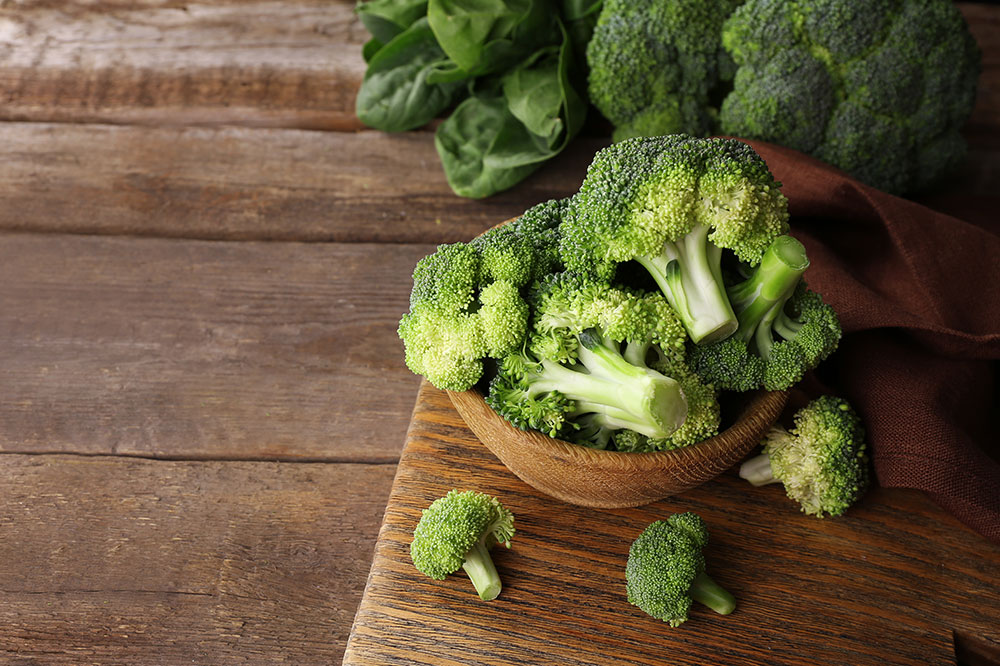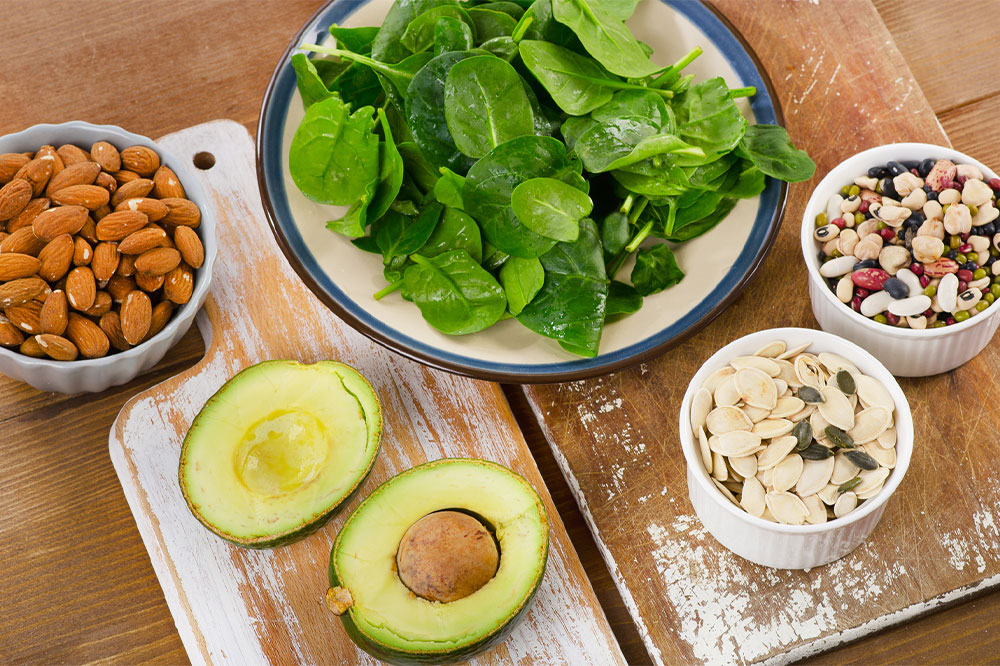Comprehensive Natural Approaches to Alleviate Migraine Pain and Reduce Attacks
Discover effective natural strategies to manage and prevent migraines without medication. This comprehensive guide covers dietary tips, lifestyle changes, and holistic remedies such as magnesium, hydration, essential oils, and more, designed to improve overall well-being and reduce headache frequency.

Frequent migraines can be debilitating, significantly disrupting daily activities, work productivity, and overall quality of life. These intense headaches are often a symptom of underlying deficiencies or triggers within the body, such as inadequate sleep, dehydration, nutritional imbalances, or environmental factors. Understanding and addressing these root causes through natural strategies can provide much-needed relief and potentially decrease the frequency and severity of migraine episodes without dependence on medications.
One of the most effective natural remedies for migraine prevention is ensuring sufficient magnesium intake. Magnesium plays a crucial role in nerve function and pain modulation, and a deficiency may heighten the risk of migrainous events. Incorporating magnesium-rich foods into your diet—such as dark leafy greens (spinach, kale), nuts like almonds and cashews, legumes, and whole grains—can help maintain optimal magnesium levels. Consuming these foods regularly can serve as a proactive measure against migraines.
Hydration is another cornerstone of migraine management. Dehydration is a common trigger for headaches, including migraines, especially when compounded by the consumption of dehydrating beverages like coffee and alcohol. Drinking adequate amounts of water throughout the day—aiming for at least 8-10 glasses—can help keep the body hydrated and reduce the likelihood of dehydration-related headaches.
Many individuals benefit from adopting dietary adjustments, such as transitioning to a gluten-free diet. For those who are gluten-sensitive or intolerant, gluten consumption may contribute to headache frequency. Eliminating gluten can alleviate these symptoms significantly, although it is advisable to consult with a healthcare professional before making major dietary changes.
Inhalation of essential oils, particularly lavender oil, has been shown to promote relaxation and reduce migraine pain. By calming the nervous system, lavender aromatherapy can serve as a natural remedy to ease the intensity of migraines. Simply adding a few drops of lavender oil to a diffuser or inhaling directly from a cloth can produce soothing effects.
B-Complex vitamins are vital for maintaining neurotransmitter balance, especially serotonin, which influences mood and pain perception. Adequate intake of B vitamins, particularly B6, B12, and folate, can help decrease migraine susceptibility by supporting healthy nerve function and reducing inflammation.
Omega-3 fatty acids, found abundantly in fatty fish (like salmon, mackerel), nuts, and seeds, possess potent anti-inflammatory properties. Regular consumption of omega-3s can help lessen the severity and frequency of migraines by reducing inflammation in brain tissues and blood vessels.
Beyond these dietary strategies, lifestyle modifications can further minimize migraine triggers. Establishing a consistent sleep schedule, managing stress through relaxation techniques, and avoiding known environmental triggers like bright lights and loud noises are crucial steps in migraine prevention.
Incorporating these natural and holistic approaches into your daily routine can enhance your overall well-being, reduce your reliance on medication, and provide a sustainable way to manage migraines effectively. Always consult a healthcare provider before starting any new treatment plan, especially if you have underlying health conditions or are taking other medications.





